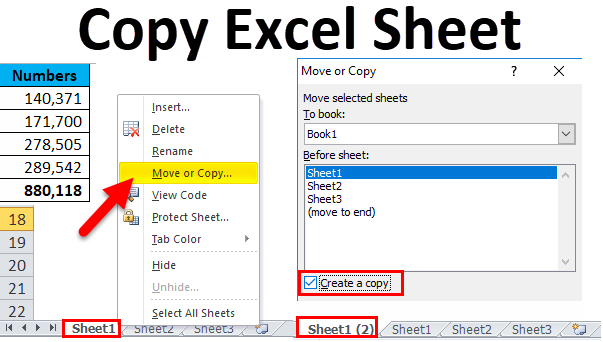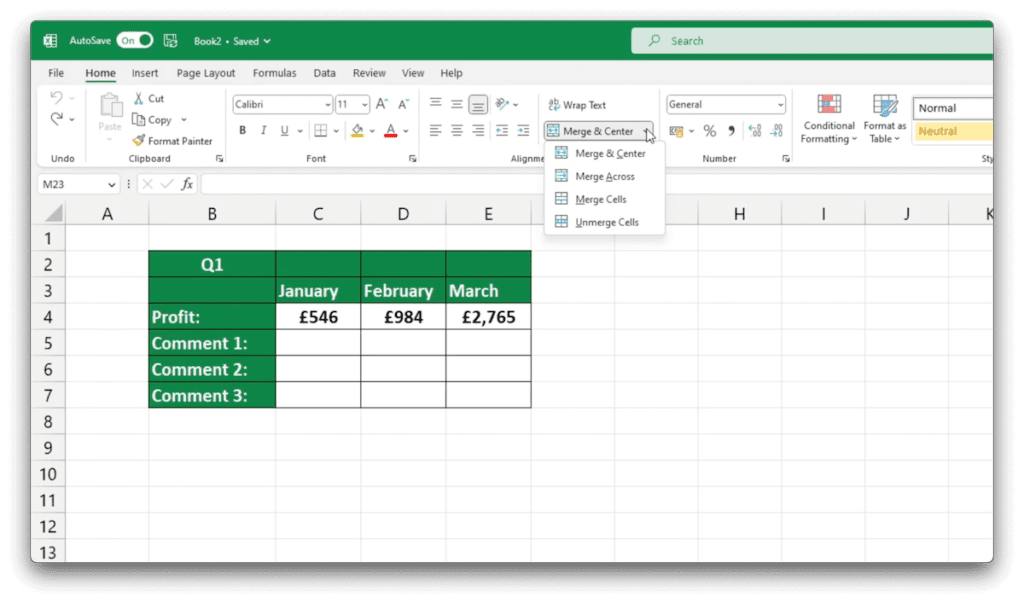Essential Job Application Paperwork Checklist

Applying for a job involves more than just sending out a resume; it requires a meticulous collection of documents that can make or break your application. Whether you're a recent graduate or a seasoned professional, having the right set of papers ready can streamline your job application process, impress potential employers, and ultimately lead to an interview. Let's delve into what you need to prepare to make your application stand out.
Understanding the Job Application Requirements

Before diving into the paperwork, understand what employers might expect:
- Resume: Your primary document, highlighting your professional journey.
- Cover Letter: A personal introduction, tailored to the job you're applying for.
- References: Individuals who can vouch for your character and work ethics.
- Transcripts: If you're a recent graduate, your academic performance.
- Portfolio: Relevant work samples or projects.
- ID: Government-issued identification for verification.
The Essential Documents Checklist

Resume

Your resume is the cornerstone of your application:
- Clearly define your contact information.
- List your employment history in reverse chronological order.
- Highlight your skills, especially those relevant to the position.
- Include any certifications or licenses if pertinent to the job.
Cover Letter

This personalized document can tip the scales in your favor:
- Address the cover letter to the hiring manager if possible.
- Connect your experiences and skills to the job requirements.
- Be concise but make sure to convey your enthusiasm for the role.
- Proofread for any grammatical or spelling errors.
References

Always prepare a list of references beforehand:
- Seek permission from each person before listing them.
- Include their name, title, company, and contact details.
- Provide a mix of professional and character references if possible.
- Consider the relevance of the reference to the job you’re applying for.
📝 Note: It’s good practice to inform your references about the job you’re applying for so they can tailor their response accordingly.
Academic Transcripts

If you’re fresh out of school or college:
- Request official transcripts in advance.
- Consider a sealed copy to ensure authenticity.
- If you graduated some time ago, include copies of certificates or degrees.
Portfolio

For creative or technical roles, your portfolio speaks volumes:
- Select only the best and most relevant pieces.
- Organize it professionally, either online or in print.
- Include a brief description or explanation for each piece if necessary.
Identification

Most employers will require some form of ID:
- Have photocopies of your driver’s license, passport, or another government ID.
- Ensure the information on these documents matches your application.
Additional Paperwork

- Work Authorization: For non-citizens or those on a visa.
- Background Check Consent: Some companies require this before hiring.
- Drug Test Authorization: If applicable to the job or company policy.
- Application Form: Some organizations might ask you to fill one out.
Ensuring Documentation Accuracy

Before submitting any documentation:
- Double-check all information for accuracy.
- Ensure your documents are up-to-date.
- Have them in both electronic and physical formats for convenience.
Final Thoughts

To conclude, having a well-prepared job application is not just about meeting the minimum requirements; it’s about presenting yourself as the best candidate. Every document plays a role in telling your story, from your professional experience detailed in your resume to the personal touch provided by your cover letter. Maintaining accuracy, ensuring relevance, and organizing your documents effectively can significantly enhance your application’s impact. Remember, your paperwork is the first impression you make on a potential employer, so make it count!
Why do employers ask for so much documentation?

+
Employers request documentation to verify your credentials, assess your suitability for the role, and ensure compliance with company policies and legal requirements.
How important is a cover letter in a job application?

+
A cover letter is extremely important as it provides a narrative to your resume, allowing you to explain gaps, connect your experience to the job requirements, and express enthusiasm for the role. It can significantly increase your chances of being interviewed.
Should I customize my resume for each job?

+
Absolutely. Customizing your resume for each job ensures that your most relevant skills and experiences are highlighted, making your application more appealing to specific employer needs.



